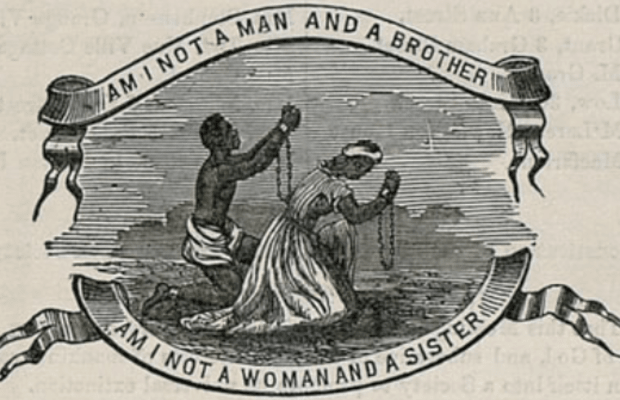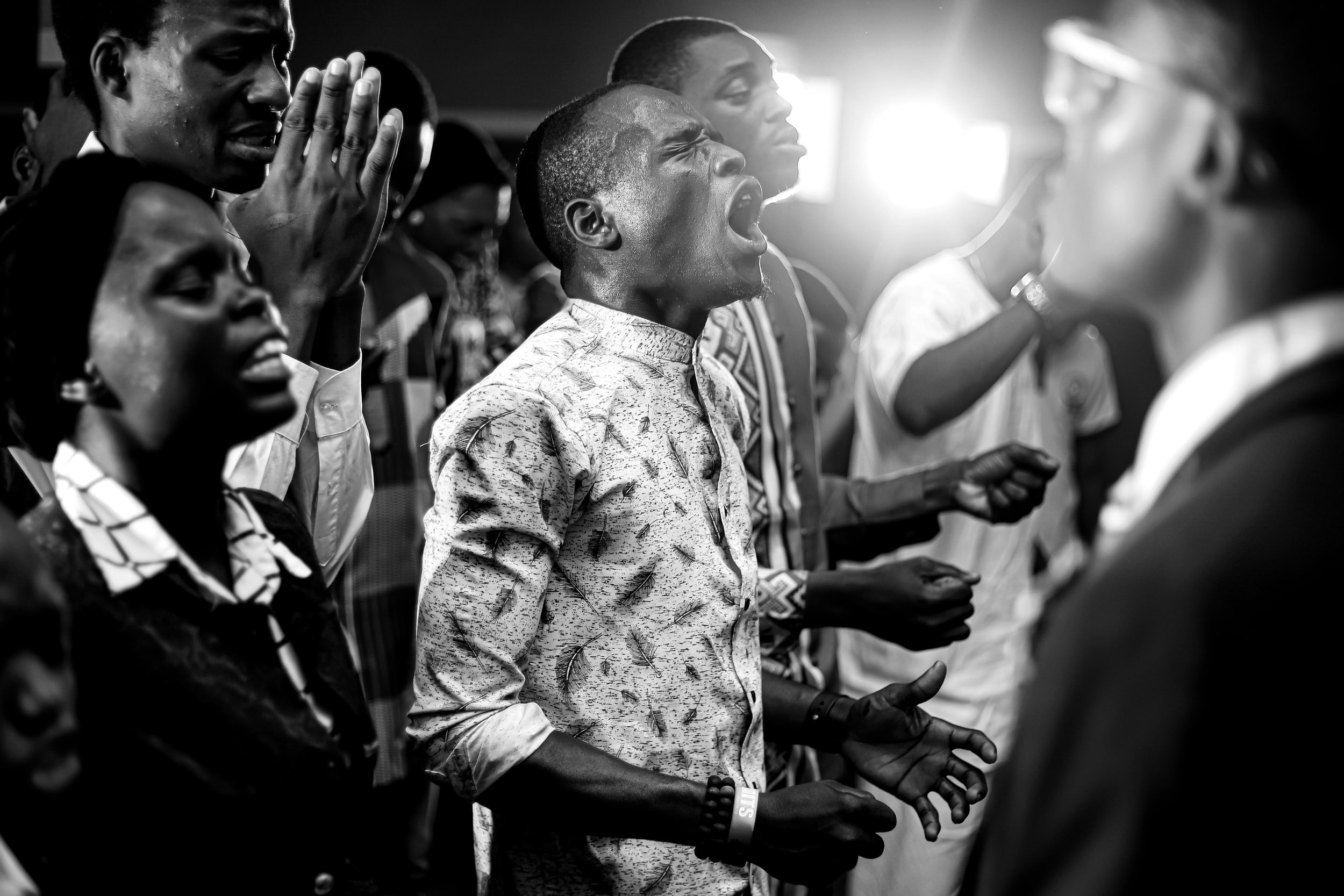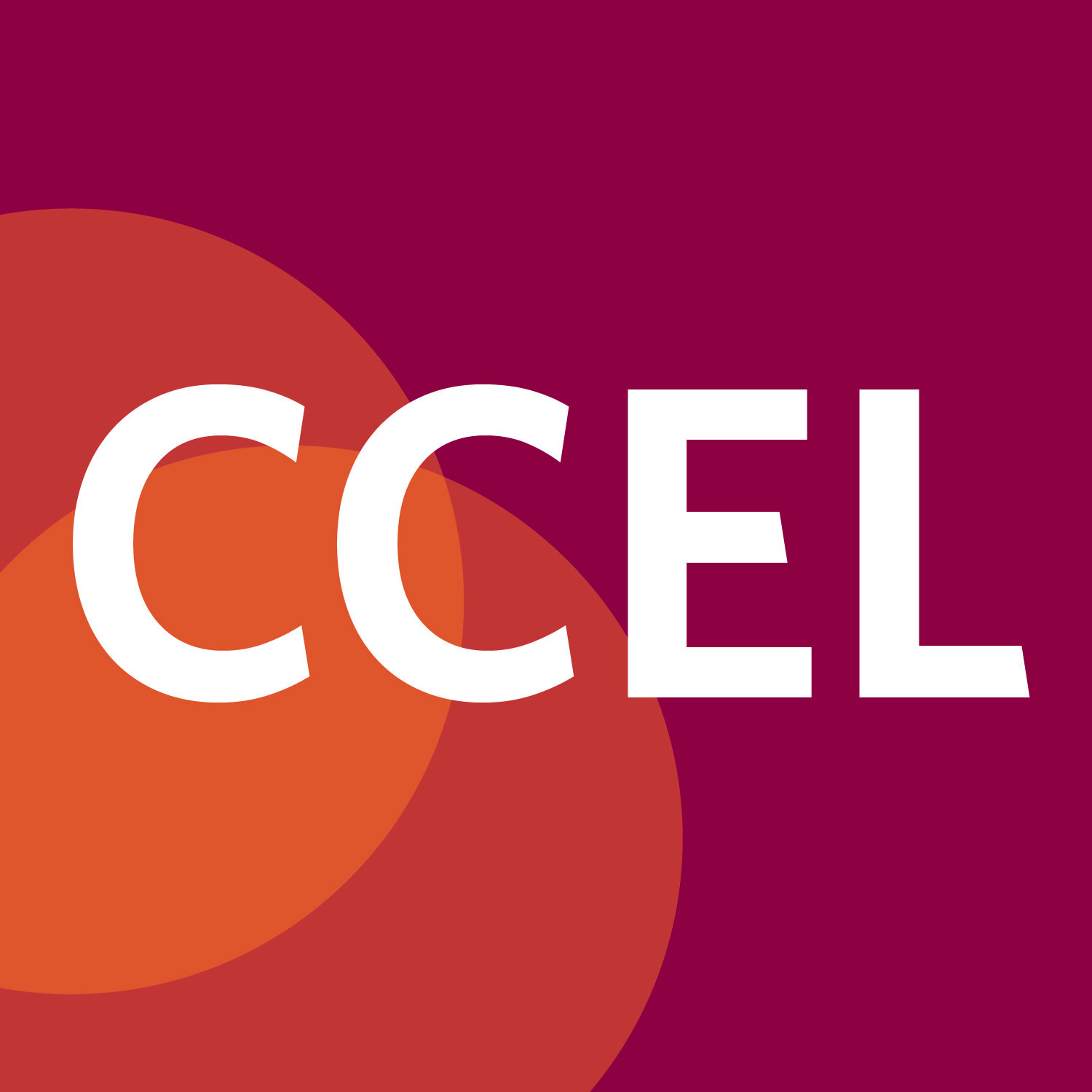
CEL Courses for Fall 2022
-

Infant and Child Development
Taught by Joshua Brown, PSYC 2700
A study within the framework of research and theory of emotional, intellectual and social growth of the child, with emphasis on norms in development and child-rearing practices.
-

Community Mental Health
Taught by Elizabeth Raposa, PSYC 4850
This course considers issues that arise when implementing mental health interventions within diverse communities, especially those communities traditionally underserved by our health care system. Topics covered include factors that maintain inequality in mental health treatment, culturally-sensitive practices in conducting clinical psychological research, and ethical approaches to translating evidence-based psychological principles into practice. Includes a fieldwork component that is integrated with class discussion and seeks to address mental health needs within the Bronx.
-

Intro to Political Economy.
Taught by Sarah Lockhart, POSC 2800
This course examines the relationship between politics and economics, exploring the ways in which societies overcome collective action problems and build institutions that facilitate cooperation and exchange. It introduces the major theoretical frameworks for understanding political economy and examines several contemporary issues in the United States, such as race, gender and class disparities; housing; hunger; education; government regulation; the relationship between domestic and international political economies; and more.
-

Abolition
Taught by Anne Hoffman, ENGL 3610
A community engaged learning course on the history, theory, and practice of freedom under capitalism, from the 19th century to the present.
-

Urban Ecology and Evolution
Taught by Jason Munshi-South, BISC 3466
Most humans now live in cities, and urban environments are an increasingly important influence on the Earth. Urbanization has large effects on the physical environment and ecology of organisms that live in cities. This course examines ecology in cities (e.g. what species live in cities, how do these species interact with one another, and how do urban populations differ from nonurban population?), the ecology of cities (e.g. how do biology, infrastructure, and human communities interact as a socio-ecological system in cities?), and ecology for cities (e.g. how can we use ecological knowledge to produce a more sustainable and equitable future for urban residents?). A recent surge of evidence has also indicated that urbanization influences the evolution of populations within cities. In this course we will investigate both nonadaptive and adaptive evolution of urban-dwelling organisms. Given Fordham's Rose Hill location, course content will highlight how urban ecology and evolution relate to the Bronx and the broader NYC area. Students will visit Bronx field sites and participate in hands-on urban ecology activities with community partners.
-

Prison Literature from Martin Luther to Martin Luther King.
Taught by Susanne Hafner, MLAL 3033
"Prison literature is the literature that emerges from, records, or imaginatively engages the experience of incarceration irrespective of reason or justification. This course explores it as an integral feature of literary history, as a reflection of social justice, and as a site of gender and racial consciousness. We will read authors who were incarcerated for the religious/political beliefs they already held (Martin Luther, M.L. King, Nelson Mandela) or which they developed while in prison (Adolf Hitler, Malcolm X). Next to them, we will study individuals who were confined for who they were, such as Queen Elizabeth I, the Marquis de Sade, Oscar Wilde, and Anne Frank.
"
-

Marketing Principles
Taught by Genevieve O’Connor, MKTG 3225
Marketing's role within an organization is to develop products or services that have value to potential customers, to estimate that value and price accordingly to distribute the goods efficiently and to communicate their value and availability effectively. This course introduces students to techniques and theories that help the marketer to accomplish these tasks, whether for a mom- and-pop store or a global or multinational manufacturer.
-

Community Engaged Learning Spanish
Taught by Carey Kasten, SPAN 2201
This advanced Spanish course develops students’ abilities in reading, writing, speaking, and oral comprehension. The goals of the course are for students to understand and communicate in standard Spanish in everyday contexts; to comprehend a variety of written, visual, and sounds texts, including literary works, newspaper articles, and films; and to comment on these texts orally and in writing in a coherent and grammatically correct manner. Grammar review will be an integral part of the reading, viewing, and writing activities for the course. The community-engaged learning component of this course treats the topic of Hispanic migration as a contemporary—not just historical—occurrence. Students will work in the community for an average of four hours every week using their Spanish and improving their language skills in a highly contextualized environment unmatched by the classroom experience. At the same time, they will gain first-hand knowledge about the immigrant experience while seeing real-world applications for their language skills.
-

Scripture and the Struggle for Racial Justice
Taught by Megan Gooley, THEO 3611
This course explores the ways Christian scriptures have been used throughout American history as tools for both oppression and liberation in the struggle for racial justice and the creation of a multi-religious nation. By looking closely at the interpretive practices throughout various eras of American history, students are equipped to consider: (1) the continuity and diversity of Christian textual traditions, (2) the embedded locations of active agents involved in scriptural interpretation, (3) the impact of scriptural interpretation and textual traditions on U.S. legal systems and social practices, and (4) the ongoing need to investigate how sacred texts and traditions function for inclusion and exclusion.
-

Consumer Behavior
Taught by Albert Greco, MKTG 3435
An interdisciplinary approach to the study of consumer behavior and motivation. Topics include behavioral science findings and their implications in the marketing mix; socioeconomics, demographic and cultural influences; theories of promotion and communication; consumer behavior models; attitude measurement; perception and consumerism.
-

Ethnomusicology: Methods and Practices
Taught by Angelina Tallaj, AHMU 3200
This course provides a general introduction to the study of ethnomusicology, including its history, theory, and ethnographic field methods. We discuss critical ethnomusicological readings, which will introduce the discourse, critical issues, debates, and paradigms that have shaped the field. This course will also examine the interdisciplinary nature of the field, particularly as it intersects with gender and race theory and cultural studies. We will listen to and study music ranging from samba to bhangra and Afrobeat. Students will conduct fieldwork using the methods and ethical considerations discussed in class.
-

Structures of Computer Science
Taught by Michael Pastine, CISC 1100
"An introductory course in the discrete structures used in computer and information technology. Emphasis will be placed on the ability to solve problem and develop logical thinking. Topics such as sets, functions, elementary combinatorics, discrete probability, logic, Boolean algebra, recursion and graphs will be covered through the use of algorithmic and concrete construction. The learned materials are reinforced by computer laboratory assignments. This course also fulfills the Mathematical Reasoning requirement of the Core Curriculum.
-

Bronx Exploration
Taught by Mary Combs, FCRH HPRH 1104
This course is an introduction to the borough in which Rose Hill Honors students will spend their college years. The course combines readings about and discussions on the history, economy, and culture of the Bronx. There will also be several field trips to important Bronx historical and cultural sites. The course may also include opportunities for community engagement.
-

Introduction to Music History: Western Traditions
Taught by Nathan Lincoln-DeCusatis, MUSC 1100
This course presents a survey of music history, with a focus on developing the skills of thinking and writing critically about music. Students will learn to listen in a focused way and relate what they hear to issues of musical “meaning” and general culture. Students will learn some technical vocabulary that will help them describe or advocate for any music they encounter, and they will apply this vocabulary to examples throughout the semester, for instance a Beethoven Symphony or a Duke Ellington jazz arrangement. Sections may have different focuses in terms of geography or chronology.
-

Participatory Action Research
Taught by Lindsay Hoyt, PSYC 3510
This course is intended to give upper-level students the opportunity to advance their content knowledge and apply their research training in a real-world setting. The theme of this course is “Youth-Led Participatory Action Research” (YPAR), which is an innovative approach to positive youth and community development based in social justice principles in which young people are trained to conduct systematic research to improve their lives, their communities, and the institutions intended to serve them. YPAR can be useful for any young people wanting to make a difference and is an especially powerful approach for youth who are experiencing marginalization due to racism, sexism, homophobia, transphobia, classism, ableism, or other forms of oppression. Drawing from the fields of developmental, community, and educational psychology—and applying both quantitative and qualitative methods—students will critically examine issues faced by young people in our local Bronx community. The course will include readings and audio-visual materials, reflection papers, and an APA-style research paper, in addition to a semester-long YPAR partnership project.
-

Strategic Communication
COMM 5003
Scholars and practitioners alike have devoted decades to the study of how organizations communicate to achieve their goals. They have analyzed advertising and public relations since the inception of these professions; they have also sought to investigate the protests of activists and the tactics of NGOs. This class will follow this intellectual tradition, weaving together insights from sociology, psychology, business, media studies, and a number of other disciplines to explore strategic communication in the contemporary world. To help direct this course, in keeping with the mission of the Public Media MA program, the focus will be on how strategic communication can be used to advance social justice and the public interest. This entails not simply studying the campaigns of organizations doing good but also confronting tough questions about how these well-intentioned groups can communicate in ways that are ethical, effective, and equitable.
-

Internship Seminar: Community Organizations
Taught by Gregory Jost, SOCI 4902
This seminar explores the context, forms, and goals of community organization in the United States with a focus on urban, social, and environmental issues. Class meetings with proceed in tandem with students’ internship placements in local community-based organizations or other agencies. Students may choose their own internships, and assistance will be provided to help those in search of placement.
-

Pre-Health Symposium
Taught by Robert Beer, XXFC 0001
An introduction to medical, dental and other health professions schools requirements together with an opportunity to interact with members of different health professions.
-

Data Communication and Networks
Taught by David SL Wei, CISC 4615
The course presents the basic concepts of data communications: data transmission, data encoding, data link control, multiplexing, error detection techniques. It covers communication networking techniques: switching, protocols line control procedures, local networks. Communication carrier facilities and systems planning considerations will also be discussed. Four-credit courses that meet for 150 minutes per week require three additional hours of class preparation per week on the part of the student in lieu of an additional hour of formal instruction.
-

Homelessness: Literary Representation and Historical Reality
Taught by Susan Greenfield, ENGL 3964
Since ancient times, homelessness has been one of the most popular themes in Western literature. Homeless characters often, though not always, achieve some kind of heroic stature. The historical reality of homelessness is, of course, much harsher. This course will consider the relationship between the literary representation of homelessness and the lived experience of the trauma. On the one hand, we will analyze literary accounts of homelessness in some (though probably not all) of the following works: King Lear, Incidents in the Life of a Slave Girl, Adventures of Huckleberry Finn, The Grapes of Wrath, and When the Emperor Was Divine. On the other hand, we will study memoirs by people who have experienced homelessness and read about the social and economic inequities that have contributed to the current homelessness travesty, especially in New York City. In addition, students will volunteer for 20 hours at an organization that serves people experiencing homelessness, housing insecurity, or food insecurity. A portion of class time will be devoted to discussing the relationship between this service work and the course readings, as well as our own lives.
-

Ecology and Economics of Food Systems
Taught by Dawn Fariello, BISC 4035 & ECON 4035
Course begins with historical analysis of food as a catalyst for social and economic development. The associated costs of food production from both ecological and economic prospective are investigated with particular emphasis placed on important global food crops. Major discussions will include the ability to balance global equitability of food distribution and environmental sustainability.
-

Contemporary Issues in Humanitarian Actions
Taught by Anna Levy, HUAF 5012
This course will introduce students to the pressing issues and acute challenges of contemporary humanitarian response through three modules on (1) Threats and Vulnerabilities, (2) Accountability in Humanitarian Response, and (3) Innovations in Humanitarian Response. The aim of the course is to examine how the international community forms consensus regarding best practices, and how this, in turn, informs humanitarian practice.
-

User Experience Design: Design for Empowerment
Taught by Ralph Vacca, NMDD 3450
This course focuses on how human-centered design and participatory design methods can be used as approaches to empowerment. Students will gain a hands-on experience with conducting user research, synthesizing findings into insights, ideating, sketching, rapid prototyping, and validating concepts with users. Course reading, discussions, and activities will be organized into a user-experience project to help students get out and interact with real users, needs, and challenges.
-

Urban Poverty and Internship Seminar: Community Organizations
Taught by Chris Rhomberg
TBD
-

Introduction to Professional Writing
Taught by James Garner, ENGL 5999
The required 10th course for English Ph.D. students consists of sequenced pedagogy training spanning two semesters. ENGL 5999, the first part is the prerequisite for taking the second part of the course in the fall semester ENGL 6004 Colloquium: PED Theory: Pr. This course meets at RH and LC.
-

Spanish for the Arts Industry
Taught by Guillermo Severiche
TBD
-

Honors Sacred Texts
Taught by Katheryn Kueny, FCLC 2811
HONORS ONLY
-

Visual Justice: Enacting Change Through Image-Based Storytelling
Taught by Casey Ruble, TDAR 1135
A foundation course in visual communication. The course will cover the following topics: visual perception, composition, light and color, drawing perspective, words and images, graphic design, and photography and photo montage.
-

Emotional Disorders of Childhood and Adolescence
Taught by Tamique Ridgard, PSGE 6418
Survey of causes and consequences of emotional problems of children and implications for educational planning. The major psychiatric and psychological classification systems are studied, as are the effects of social and cultural factors on emotional development.
-

Digital Media and Public Responsibility
Taught by Gregory Donovan, COMM 4480
An examination of the public cultures, goods, and problems that emerge from the ongoing integration of digital media into everyday life. This course goes beyond a traditional focus on personal problems and responsibilities to explore how publics have and can take collective responsibility to address structural inequities in a digital society.
-

Church in Controversy
Taught by John Barnes, THEO 3390
This course traces the Catholic Church’s negotiations with the revolutionary challenges inaugurated by modernity. Topics will vary according to the instructor, but may include the colonial missions, the Enlightenment, the Holocaust, the Second Vatican Council, the rise of feminism, changing notions of normative sexuality, and more recent developments, such as the unprecedented numbers of religiously “unaffiliated” or “nones,” the majority of which have come from the Catholic Church. How did the Catholic Church—its theologians, the millions of everyday faithful, and the Vatican—respond to, sometimes deepening, sometimes informing, and oftentimes critiquing these challenges? Controversies forced the Church not only to make pronouncements on the crises of the moment, but to refine and sometimes revise some of its basic foundational beliefs about human nature, revelation, reason, truth, and God.
-

Senior Seminar: Studio Art
Taught by Stephan Apicella-Hitchcock , TDAR 4600
This is a course for senior visual arts students who wish to have a senior project exhibition. The seminar will discuss critical issues relating to the making, presentation, and interpretation of contemporary art.
-

Affirmative Action and the American Dream
Taught by Mark Naison AFAM 4000
An examination of the political and legal history of Affirmative Action and an exploration of the moral and economic consequences of the policy as practiced in universities, businesses and government agencies. Fulfills senior values requirement. Four-credit courses that meet for 150 minutes per week require three additional hours of class preparation per week on the part of the student in lieu of an additional hour of formal instruction.
-

Lost Interlocutor: Philosophy of Human Nature (EP1)
Taught by Robert J Parmach, PHIL 1003
This course examines the philosophical views of pre-Socratic thinkers, Plato, Aristotle, Augustine, Aquinas, Descartes, and Ignatius of Loyola and their connections to contemporary science, religion, and Jesuit education. We analyze primary texts, critique theories, compose philosophical arguments, and critically challenge the thinking of multiple perspectives. These skills comprise the greater philosophical tradition that stems from the ancients to us today. Salient themes of our lives—knowledge, understanding, truth, falsity, doubt, goodness, mortality, reality, evidence, belief, love—stir fundamental questions that need systematic investigation in order to make sense of our human nature and give greater purpose to life. Since this Manresa course satisfies the FCRH first year Eloquentia Perfecta I requirement, it stresses critical spoken dialogue and writing-intensive assignments. It also consists of interactive (and fun) out-of-class learning experiences, and the professor even feeds you at most of these. This course satisfies the Philosophy of Human Nature Core requirement for both FCRH and Gabelli students.
-

Drug Discovery: From the Laboratory to the Clinic
Taught by Joshua D Schrier, CHEM 1102
A rigorous course for non-science majors on the scientific, public policy, and ethical considerations of drug development and commercialization. Topics include an introduction to basic concepts of chemical structure and bonding as applicable to medicinal chemistry, computational structure-based drug design methods, drug testing and approval process, economics of drug commercialization, and public policy issues.
-

Mathematics and Democracy (EP1)
Taught by Maura Mast, MATH 1003
What is the relationship between mathematics and democracy? In this course we explore answers to this question from different perspectives One approach is that members of society must have a certain mathematical literacy for informed participation in their society. It is increasingly the case in our world that people must comprehend and analyze numbers and quantitative information, in complicated contexts, on a regular basis. We’ll discuss and look at examples of the numeracy skills needed to evaluate data and information, to analyze statistics, and to understand and formulate quantitative arguments, as well as social justice issues of access to mathematics. We will then explore the contributions of mathematics to the development of democratic systems, looking at voting and the larger question of how a group can best arrive at a decision. Topics may include decision-making strategies, the manipulability of voting systems, fair division and apportionment, and the mathematics of competition. This course should be particularly relevant to students in political science, philosophy, economics, and sociology.
-

Politics of Immigration
Taught by Annika Hinze, POSC 3645
The course examines the politics of contemporary immigration. Topics include the construction of citizen and alien, the (re)negotiation of immigrant sexuality and sexual identity, the racialization of naturalization, the family and immigration law, the formation of social movements around immigrant rights, and a comparative analysis of immigration policies in the U.S. and those in Europe. Four-credit courses that meet for 150 minutes per week require three additional hours of class preparation per week on the part of the student in lieu of an additional hour of formal instruction.
-

The Ground Floor: Starting and Succeeding at the Gabelli School of
Taught by William Sickles, XXCB 1001
This course introduces first-year Gabelli School of Business students to key business concepts and the major business disciplines. It creates an awareness of the interdependency of these business disciplines—an awareness which is key to operating a successful business. Students will begin to develop critical thinking, business writing, and teamwork skills that are essential for success in today’s global business environment. Students will also be introduced to Stakeholder Capitalism and the Environment, Social, and Governance (ESG) factors, revealing how they align with the Gabelli vision of creating students with mindsets and capabilities that enable business to move society forward.
-

Clinical Child Psychology
Taught by Amy Roy, PSYC 3270
The purpose of this course is to provide students with an overview of clinical child psychology, including historical and theoretical bases and state-of-the-art methods for studying, assessing, and treating child psychopathology. Students will learn about psychological conditions that affect children and adolescents as well as the contextual, developmental, and biological factors that impact the development and maintenance of these conditions.
-

Faith and Critical Reason
Taught by Sebastian Budinich and Brenna Moore, THEO 1000
An introductory theology course designed to acquaint students with the analytical study of religion and religious experience, and to give them some critical categories of evaluating the history of theological discourse. The academic study of some of the forms, concepts, experience, and theological formulations found in Christianity and various other traditions will be introduced.
-

Fundamentals of Humanitarian Affairs
Taught by Nora L Murad, HUAF 5013
This course will introduce students to the principles of humanitarian action through three modules on (1) Defining Humanitarian Assistance, (2) Management, and (3) Strategic Planning. The aim of the course is to provide an overview of the critical aspects of international humanitarian coordination from an organizational perspective.
-

Environmental Internship
Taught by John Van Buren, ENST 4900
Students intern in an environmental organization, government agency, business, or other entity in order to pursue hands-on learning in conjunction with their other environmental coursework and career goals. The instructor works with students to find a placement that meets their educational and career goals. Students pursue readings geared to their particular internship, discuss and analyze their internship experience, and complete an essay on their internship and the environmental issues dealt with in it. This course fulfills the Environmental History & Culture requirement in the environmental studies major, or, with the permission of the program director, it can be used for the Environmental Politics & Law, the Environmental Ethics & Justice, or the Environmental Design requirement if the student's internship is in one of these areas. The internship can be used as a case study in the senior thesis required for the major in ENST3000 and ENST4000. The course also counts toward electives in the environmental studies minor, as well as in the Peace and Justice minor if the student has interests in environmental justice. Sample internships can be found at https://www.fordham.edu/info/20924/internship_and_job_opportunities. Internships can be paid or unpaid. Some internships will be paid through Fordham's Cultural Engagement Internships Program as described at https://www.fordham.edu/info/30520/cultural_engagement_internships_program. Note: Four-credit courses that meet for 150 minutes per week require three additional hours of class preparation per week on th
-

Homelessness
Taught by Jordan Alexander Stein, ENGL 3964
Since ancient times, homelessness has been one of the most popular themes in Western literature. Homeless characters often, though not always, achieve some kind of heroic stature. The historical reality of homelessness is, of course, much harsher. This course will consider the relationship between the literary representation of homelessness and the lived experience of the trauma. On the one hand, we will analyze literary accounts of homelessness in some (though probably not all) of the following works: King Lear, Incidents in the Life of a Slave Girl, Adventures of Huckleberry Finn, The Grapes of Wrath, and When the Emperor Was Divine. On the other hand, we will study memoirs by people who have experienced homelessness and read about the social and economic inequities that have contributed to the current homelessness travesty, especially in New York City. In addition, students will volunteer for 20 hours at an organization that serves people experiencing homelessness, housing insecurity, or food insecurity. A portion of class time will be devoted to discussing the relationship between this service work and the course readings, as well as our own lives. Four-credit courses that meet for 150 minutes per week require three additional hours of class preparation per week on the part of the student in lieu of an additional hour of formal instruction.
-

Communication Ethics and the Public Sphere
Taught by Diana Kamin, COMM 4360
(Formerly COMM 4004): This course deals with the policy decisions and ethical issues facing society in the telecommunications age. Of special concern are the ethical issues raised by the melding together of heretofore discrete media into vertically integrated, profit oriented, corporations. Note: Four-credit courses that meet for 150 minutes per week require three additional hours of class preparation per week on the part of the student in lieu of an additional hour of formal instruction.
-

Texts and Contexts
Taught by Julie Louise Gafney, ENGL 2000
An introduction to the literary analysis of texts and the cultural and historical contexts within which they are produced and read. Significant class time will be devoted to critical writing and to speaking about literature. Each section of Texts and Contexts will have a focus developed by the individual instructor and expressed in its subtitle. This course fulfills the Core requirements for the second Eloquentia Perfecta seminar.
-

Introduction to Professional Writing
Taught by Crystal Colombini, ENGL 3003
Professional Writing is a writing-intensive course designed to help students understand practices of ethical and effective communication in a range of public, professional, and workplace settings. In particular, it introduces principles of professional communication through a focus on social justice. Emphasizing the application of rhetorical principles to processes of analyzing diverse audiences, designing accessible documents, and composing in culturally sensitive ways, this course will engage participants in a series of individual and collaborative client-based projects that will encourage consideration of how writers use communicative technologies to serve multiple purposes in professional and public contexts, including facilitating justice.
-

Legal Framework of Business
Taught by Dennis Cappello, BLAW 2234
This course covers the fundamental concepts and legal principles applicable to the American business community and the international environment. Topics include: sources of the modern legal system; legal ethics and governmental regulation; creation and discharge of contractual rights and liabilities; characteristics of agencies, partnerships, limited liability companies and corporations, including the rights and liabilities of agents, partners and corporate management.
-

Marketing Principles
Taught by Jeffery Landau, MKTG 3225
Marketing's role within an organization is to develop products or services that have value to potential customers, to estimate that value and price accordingly to distribute the goods efficiently and to communicate their value and availability effectively. This course introduces students to techniques and theories that help the marketer to accomplish these tasks, whether for a mom- and-pop store or a global or multinational manufacturer.
-

Visual Thinking
Taught by Casey Ruble, TDAR 1135
A foundation course in visual communication. The course will cover the following topics: visual perception, composition, light and color, drawing perspective, words and images, graphic design, and photography and photo montage.
-

Art and Action on the Bronx River
Taught by Matthew D Lopez-Jensen, TDAR 2424
This course is designed around direct experiences with the Bronx River, which flows only a few minutes' walk from the Rose Hill campus. The river is a critical urban landmark, a scenic dividing line that runs from Westchester County to the East River. Throughout the semester, we will study the history of the river, its ecology, its relationship to surrounding communities, and its connection to New York City’s watershed. Walking, collecting, observation, and boating are some of the actions that might be combined with creative processes throughout the semester. We will also explore contemporary artists whose work combines social practice, activism, and environmental action. This is a visual arts class; however, experience in the creative arts is not required to be successful in this course. Assignments will be experimental in nature and may include drawing, photography, creative writing, and alternative research techniques. Throughout this course we will directly engage with the Bronx River Alliance, a nonprofit dedicated to promoting and protecting the river. We will also engage with the river itself. The engagement is what gives this course a CCEL designation. Note: Four-credit courses that meet for 150 minutes per week require three additional hours of class preparation per week on the part of the student in lieu of an additional hour of formal instruction.
